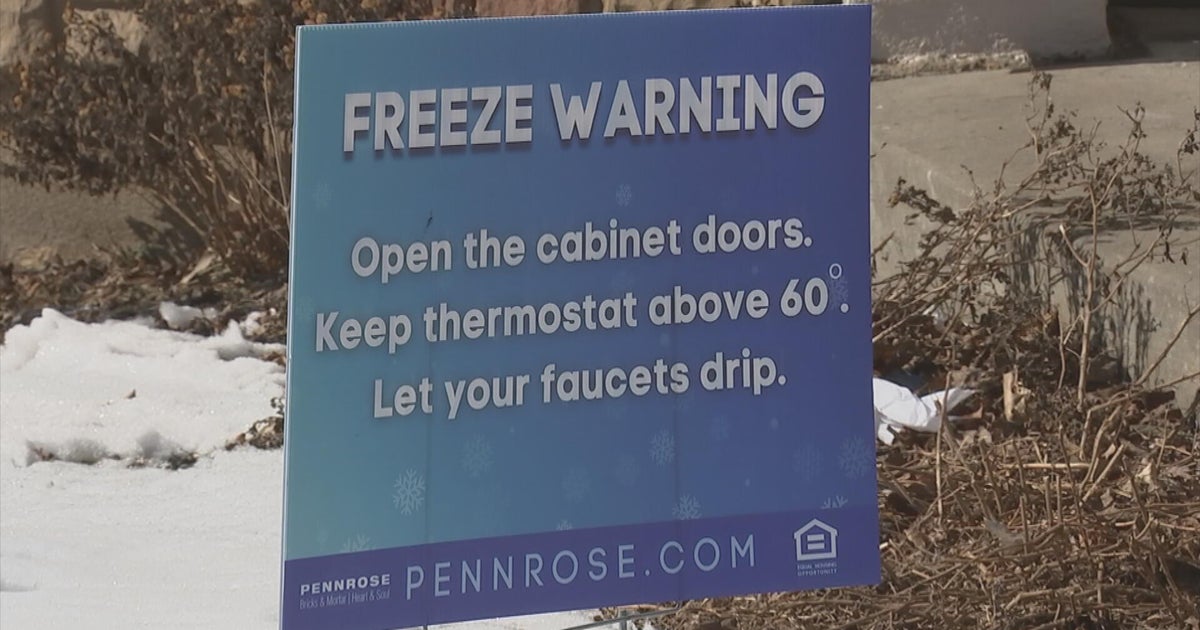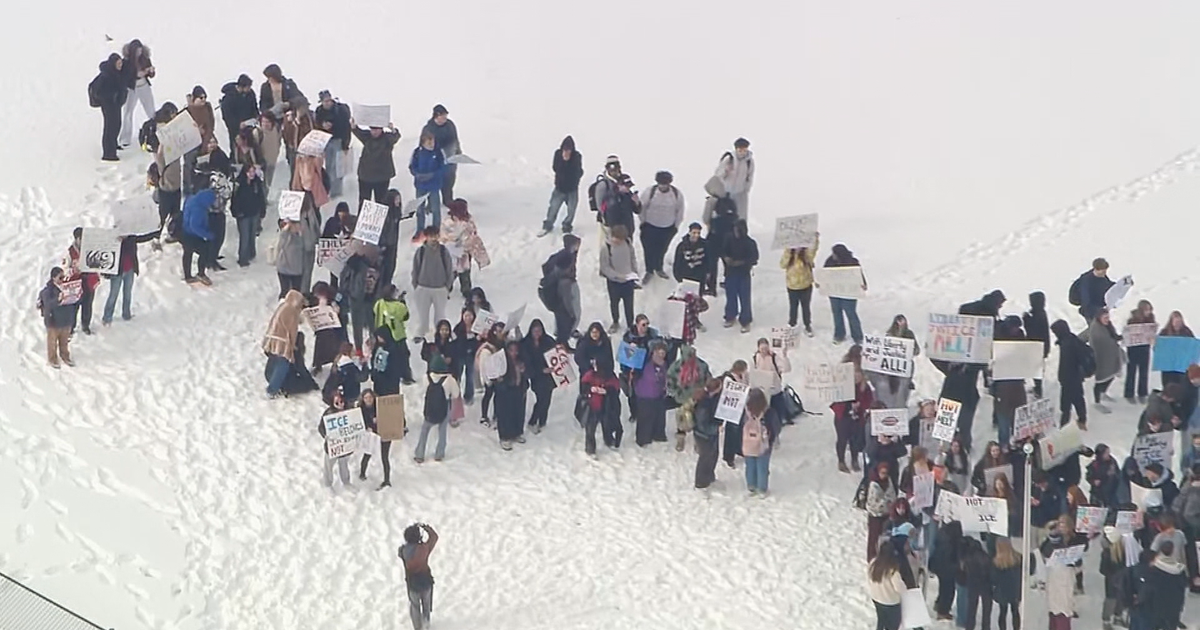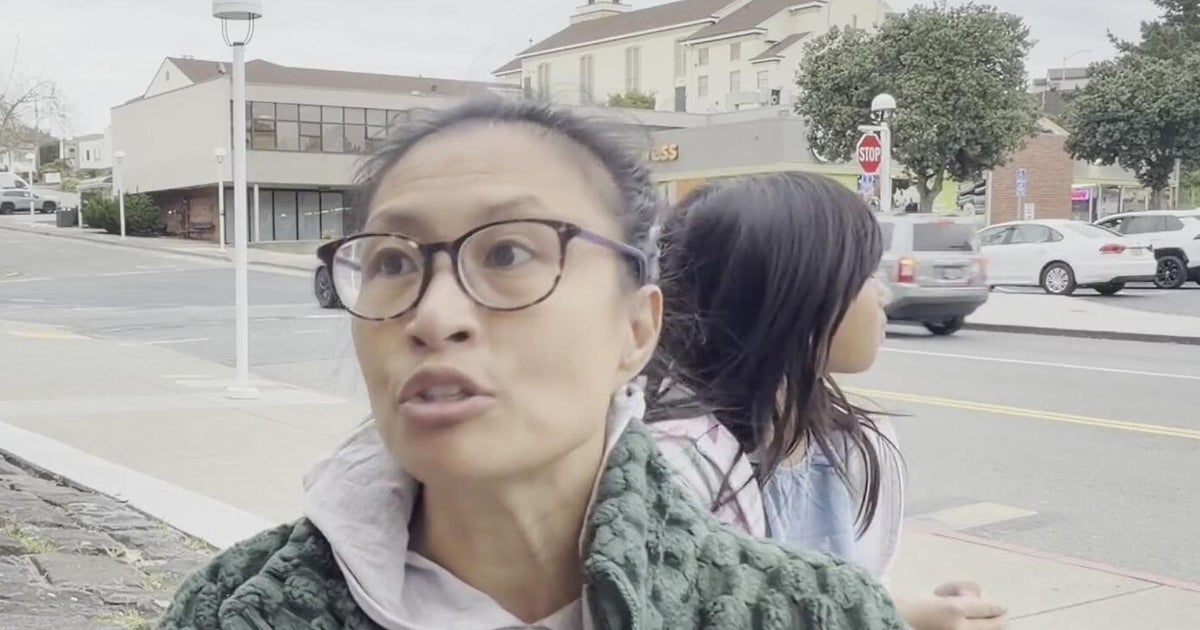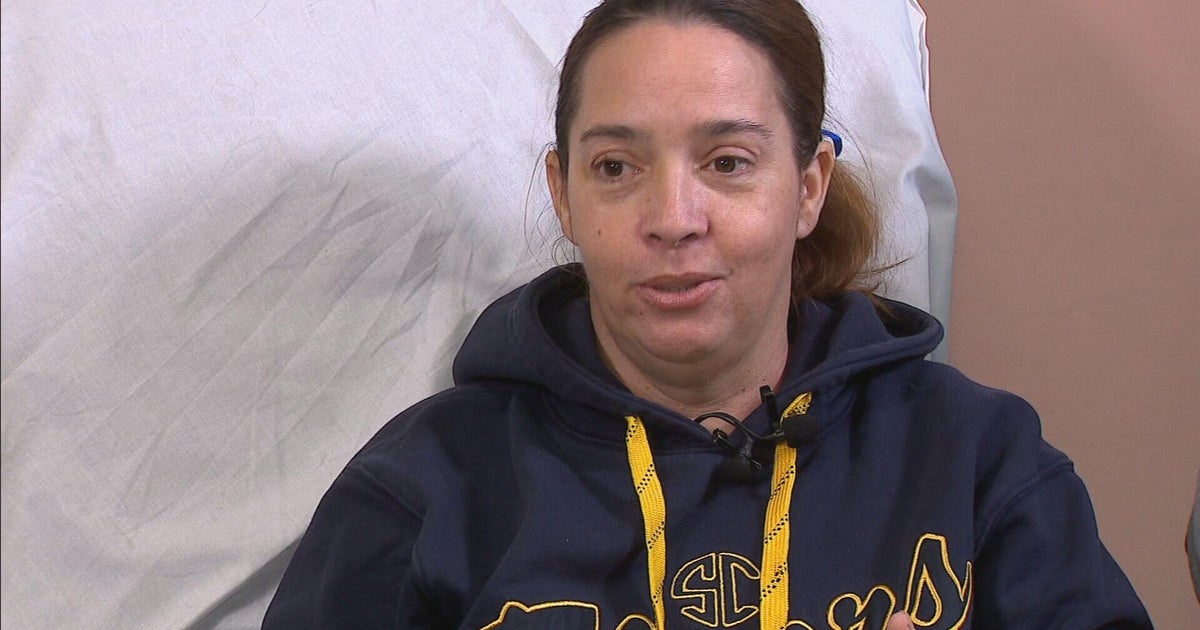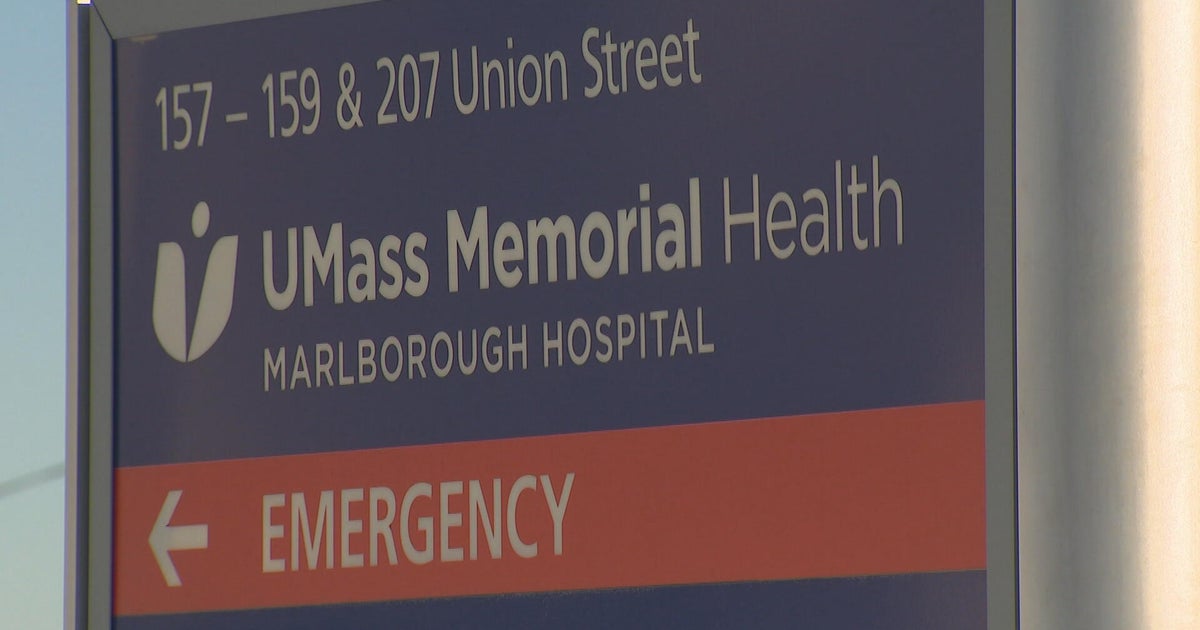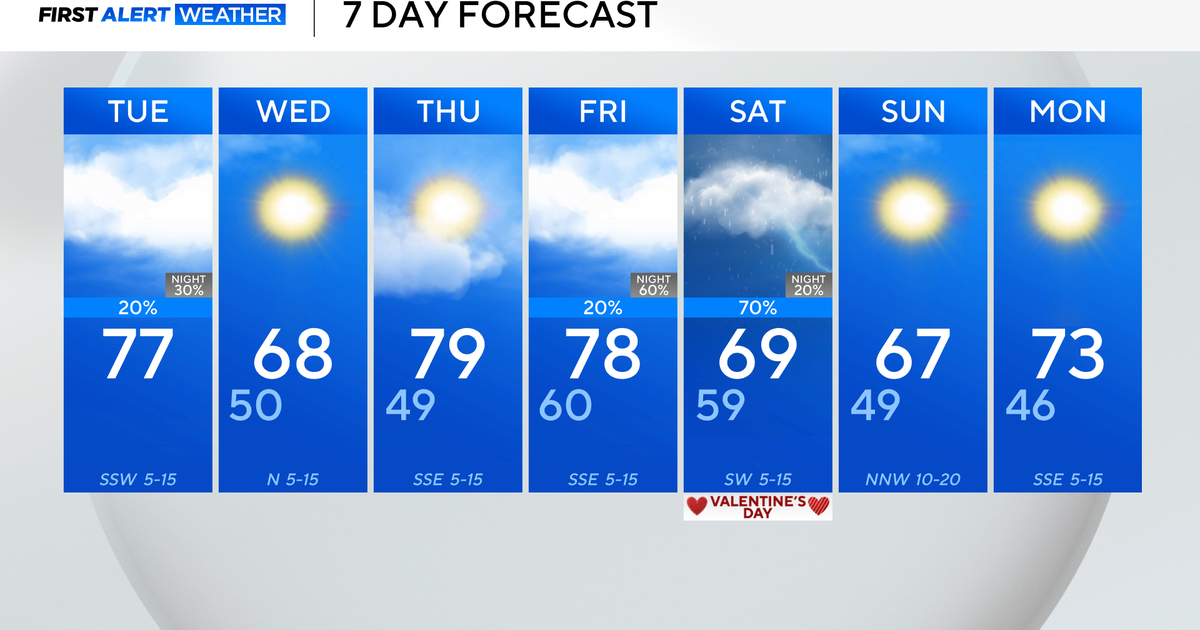Heat and Haze Causes Front Range Air Quality To Drop Amid Some Of The Worst In The Country
DENVER (CBS4) – Blazing heat has many Coloradans staying indoors, but poor air quality has sensitive noses feeling what others can only see. A smoky atmosphere has turned our blue skies brown, restricting outdoor activity even more.
Poor air quality kept Kristen Gilmore's summer school class inside Wednesday afternoon.
"Out of nowhere, we were told we can't go outside today. It was a little difficult trying to get kids to understand what that meant and why they couldn't go outside. They were cooped up for recess," said Gilmore, a teacher in Adams County.
The Colorado Department of Public Health and Environment issued an Ozone Action Day Alert Wednesday for the Front Range Urban Corridor from Douglas County north to Larimer and Weld counties, including the Denver-Boulder area, Fort Collins and Greeley.
The Front Range often ranks high on lists for cities with worst air pollution, but the smog seen this week is partially due to a fire in another state.
Frank Flocke, a scientist at the National Center for Atmospheric Research, says Colorado is experiencing smoke coming in from an Arizona wildfire. It's wrapping around a high-pressure system above the Mountain West.
"That high pressure system does two things: it sets the conditions for excessive heat and it also creates very little metrological activity. There won't be any strong winds to help dilute the emissions we have going on. Right now, our emissions are essentially staying where they are," said Flocke.
CDPHE says ozone concentrations in the "Unhealthy for Sensitive Groups" category will be possible both Wednesday and Thursday. Thursday, that area will expand northward to include Boulder, Longmont, Fort Collins, Greeley and surrounding areas.
Flocke says upcoming wind in the forecast should turn our brown skies back to blue.
"There aren't any big events on the horizon until Friday, when the cold front comes in. That should help speed up the winds a little bit and bring in fresh winds from the west," said Flocke.
"That will blow some of the pollution out of the area. In the meantime, it just builds up, day after day."
Flocke says the heat increases these conditions. As the population grows, Flocke says these heat waves will become more frequent. Lifestyle changes like carpooling to reduce emissions will only make a difference if enough people do their part.
"Our population increase alone will contribute to more driving, more deliveries and more extreme weather. It's going to be difficult to get back to a healthy air quality in the summer," said Flocke.


